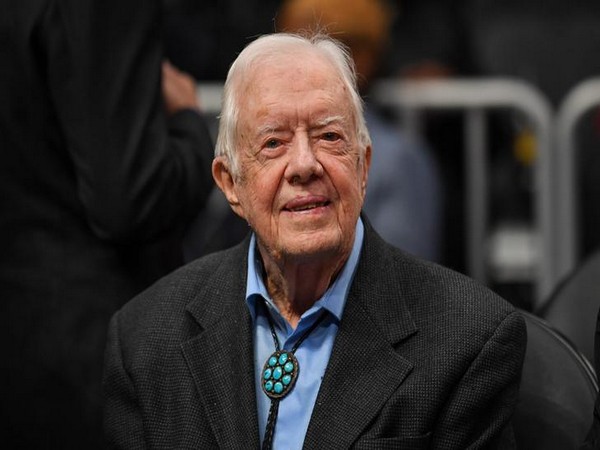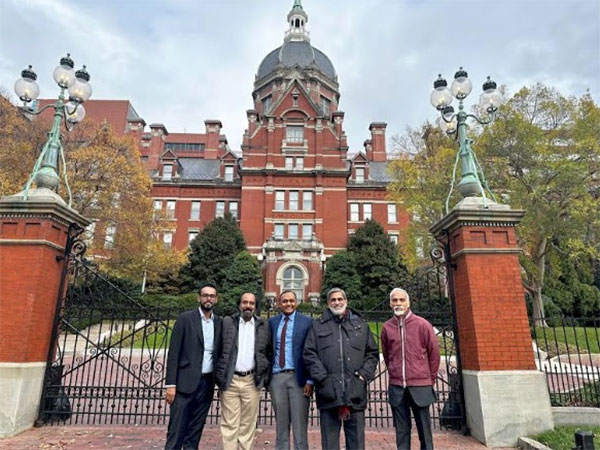
Jimmy Carter, former US president, dies at 100
Dec 30, 2024
New York [US], December 30: Jimmy Carter, the earnest Georgia peanut farmer who as U.S. president struggled with a bad economy and the Iran hostage crisis but brokered peace between Israel and Egypt and later received the Nobel Peace Prize for his humanitarian work, died at his home in Plains, Georgia, on Sunday, the Carter Center said. He was 100.
A Democrat, he served as president from January 1977 to January 1981 after defeating incumbent Republican President Gerald Ford in the 1976 U.S. election. Carter was swept from office four years later in an electoral landslide as voters embraced Republican challenger Ronald Reagan, the former actor and California governor.
Carter lived longer after his term in office than any other U.S. president. Along the way, he earned a reputation as a better former president than he was a president - a status he readily acknowledged.
His one-term presidency was marked by the highs of the 1978 Camp David accords between Israel and Egypt, bringing some stability to the Middle East. But it was dogged by an economy in recession, persistent unpopularity and the embarrassment of the Iran hostage crisis that consumed his final 444 days in office.
In recent years, Carter had experienced several health issues including melanoma that spread to his liver and brain. Carter decided to receive hospice care in February 2023 instead of undergoing additional medical intervention. His wife, Rosalynn Carter, died on Nov. 19, 2023, at age 96. He looked frail when he attended her memorial service and funeral in a wheelchair.
Carter left office profoundly unpopular but worked energetically for decades on humanitarian causes. He was awarded the Nobel Peace Prize in 2002 in recognition of his "untiring effort to find peaceful solutions to international conflicts, to advance democracy and human rights, and to promote economic and social development."
Carter had been a centrist as governor of Georgia with populist tendencies when he moved into the White House as the 39th U.S. president. He was a Washington outsider at a time when America was still reeling from the Watergate scandal that led Republican Richard Nixon to resign as president in 1974 and elevated Ford from vice president.
Asked to assess his presidency, Carter said in a 1991 documentary: "The biggest failure we had was a political failure. I never was able to convince the American people that I was a forceful and strong leader.
Despite his difficulties in office, Carter had few rivals for accomplishments as a former president. He gained global acclaim as a tireless human rights advocate, a voice for the disenfranchised and a leader in the fight against hunger and poverty, winning the respect that eluded him in the White House.
Carter won the Nobel Peace Prize in 2002 for his efforts to promote human rights and resolve conflicts around the world, from Ethiopia and Eritrea to Bosnia and Haiti. His Carter Center in Atlanta sent international election-monitoring delegations to polls around the world.
Source: Fijian Broadcasting Corporation






